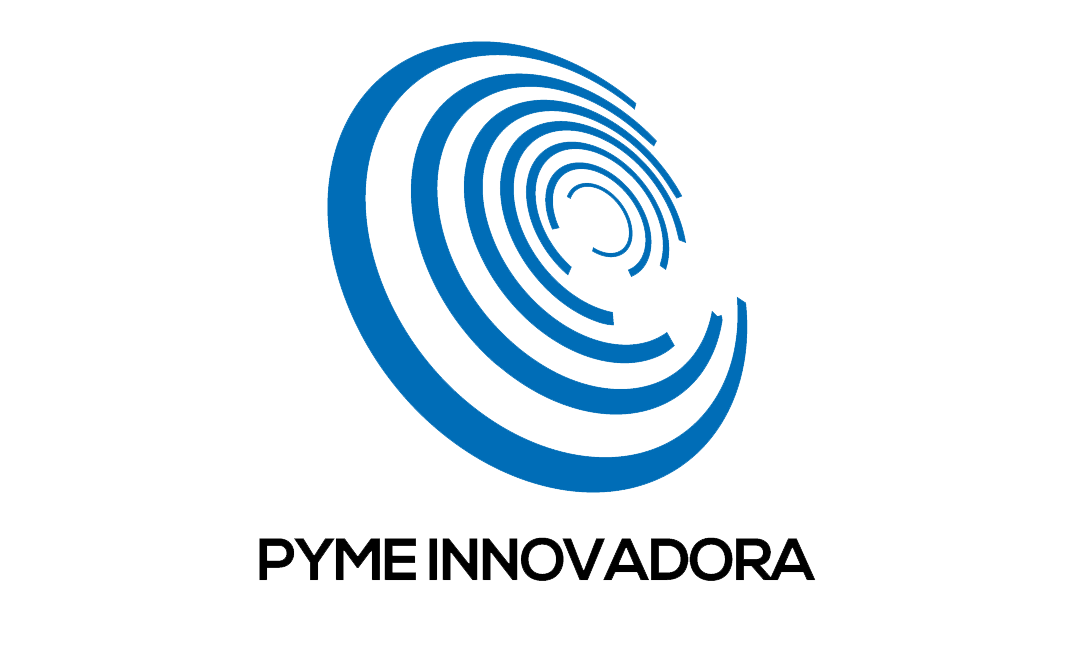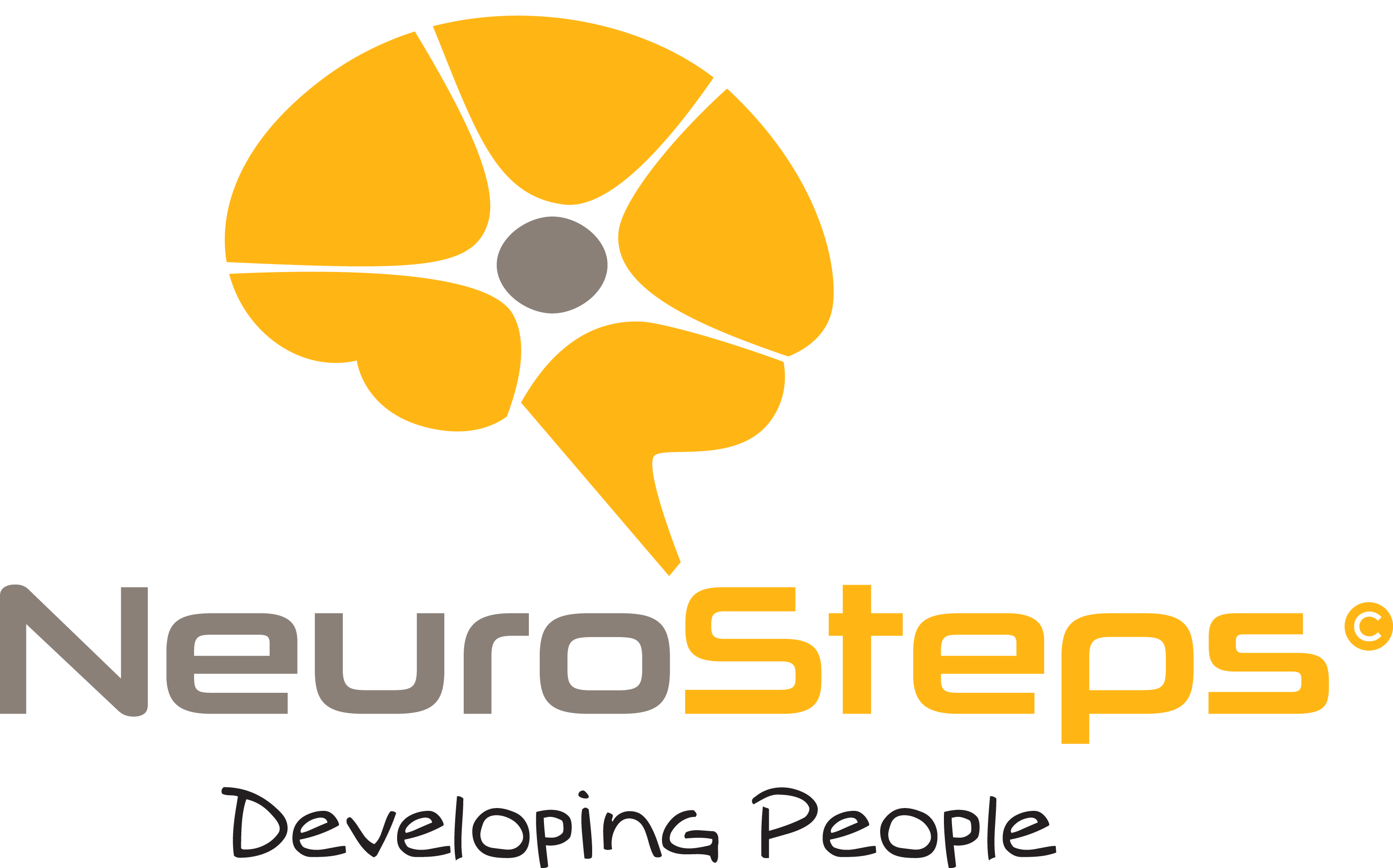Assessment and training of leadership skills
Assessment and training of leadership skills
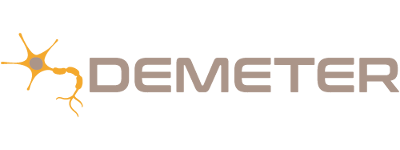
The aim of DEMETER is the development of a new platform for evaluation and training of leadership skills based on a neuroscientific model of generalist leadership (Grawe’s Model) through implicit measure and virtual reality.
We use stealth assessment and psychophysiological measures to obtain implicit processes related to the model and type of leadership.
So this project present the first neuroleadership system that combines the benefits of the interaction in virtual reality with implicit objective measures to obtain a model that reflects the current needs, competencies, abilities and behaviors of leadership.
The main problem with real scenarios is that it is not easy to study human responses in real situations because of the experimenter’s inability to totally control the stimuli involved in the experience. Conversely, in laboratory settings, subjects are confronted with controlled stimuli that do not include several other variables that are present in real life environments, thus leading to a low ecological validity of the experiment.
Virtual Reality
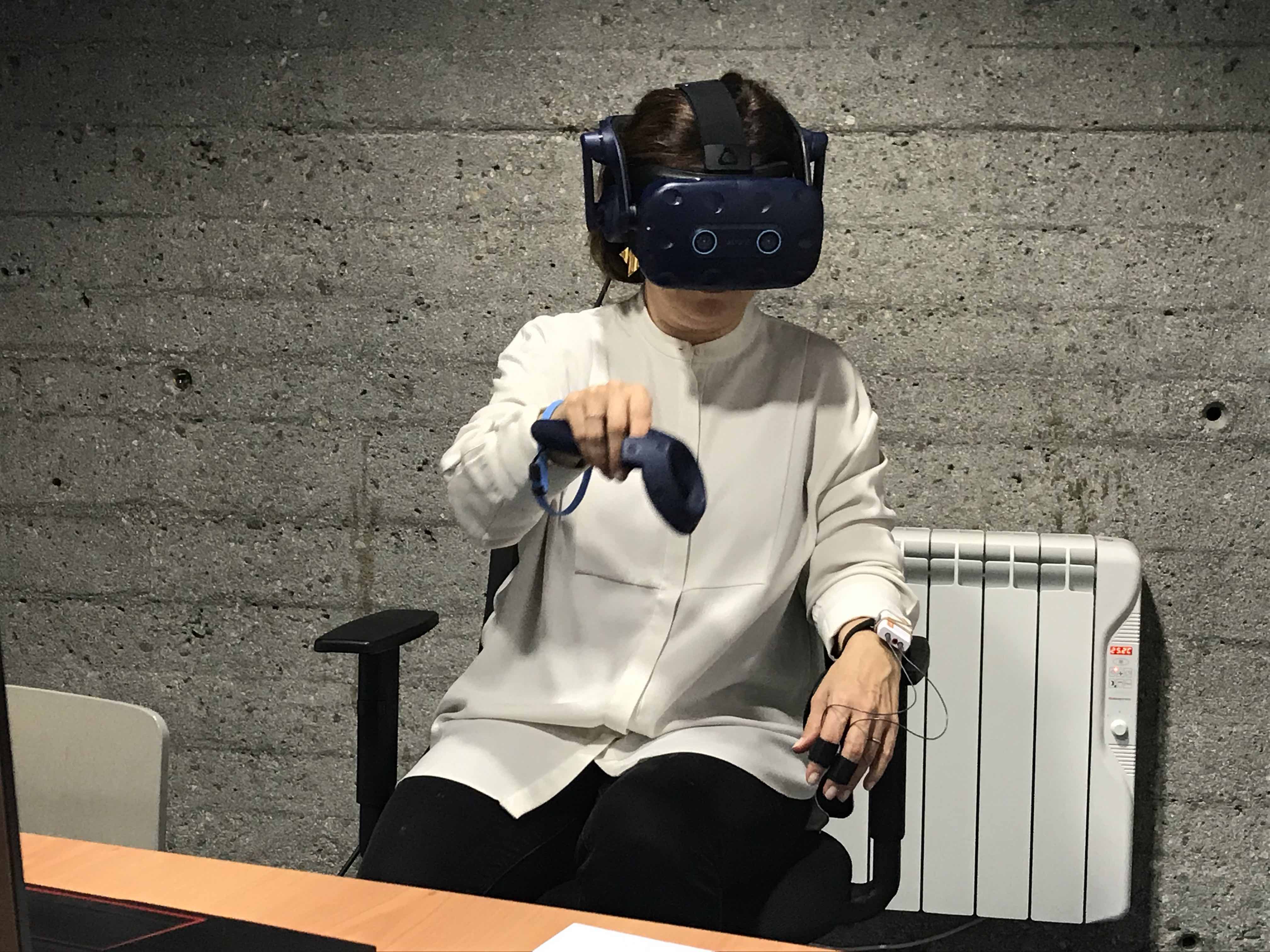
Consequently, behaviors, attitudes and beliefs can be transferred from reality to virtuality and vice versa and can occur in a spontaneous, unconscious, and unaware manner, allowing creating and modulating situations with a high ecological validity and maintaining high experimental control both on the presentation of the stimuli and on capturing behavioral performance.
Virtual reality (VR) emerges as a promising technology that can overcome the above-mentioned problems. VR provides the possibility to generate various real situations, including social situations, eliciting embodied experiences in which body, environment, and brain are in close relationship.
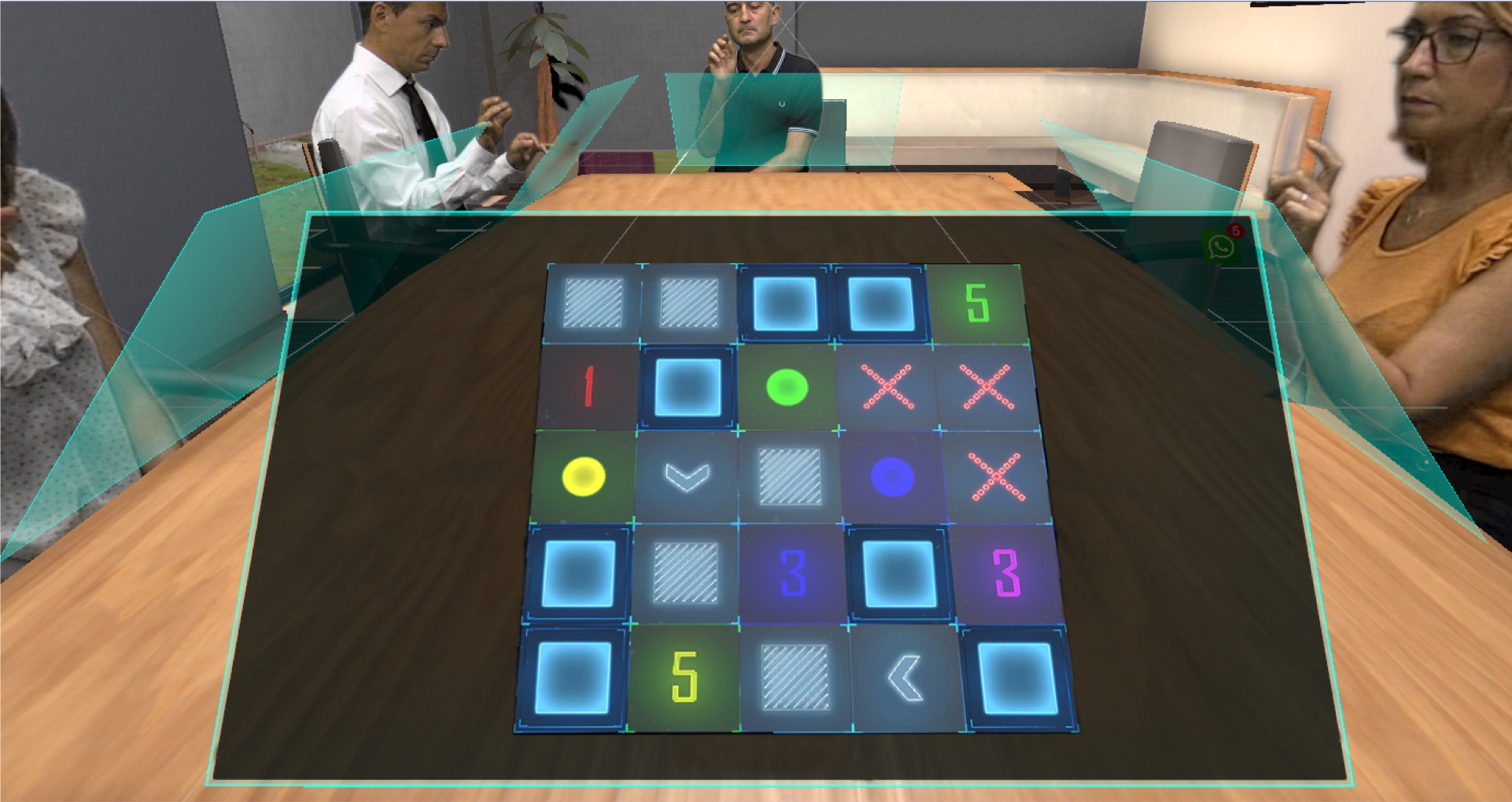
Virtual Reality

Virtual reality (VR) emerges as a promising technology that can overcome the above-mentioned problems. VR provides the possibility to generate various real situations, including social situations, eliciting embodied experiences in which body, environment, and brain are in close relationship.

Consequently, behaviors, attitudes and beliefs can be transferred from reality to virtuality and vice versa and can occur in a spontaneous, unconscious, and unaware manner, allowing creating and modulating situations with a high ecological validity and maintaining high experimental control both on the presentation of the stimuli and on capturing behavioral performance.
From that premise, DEMETER intends to design, develop, and test a technologically advanced system and implicit measures based in Grawe’s Model, with the aim to obtain a neuroleadership model that reflects the current needs, competencies, abilities and behaviors of leadership and of interactions between employees and their leaders.
Project funded by Ministerio de Economía y Competitividad (MINECO) with Nº: RTC-2017-6052-7
Partners
Project funded by Ministerio de Economía y Competitividad (MINECO) with Nº: RTC-2017-6052-7
Partners
